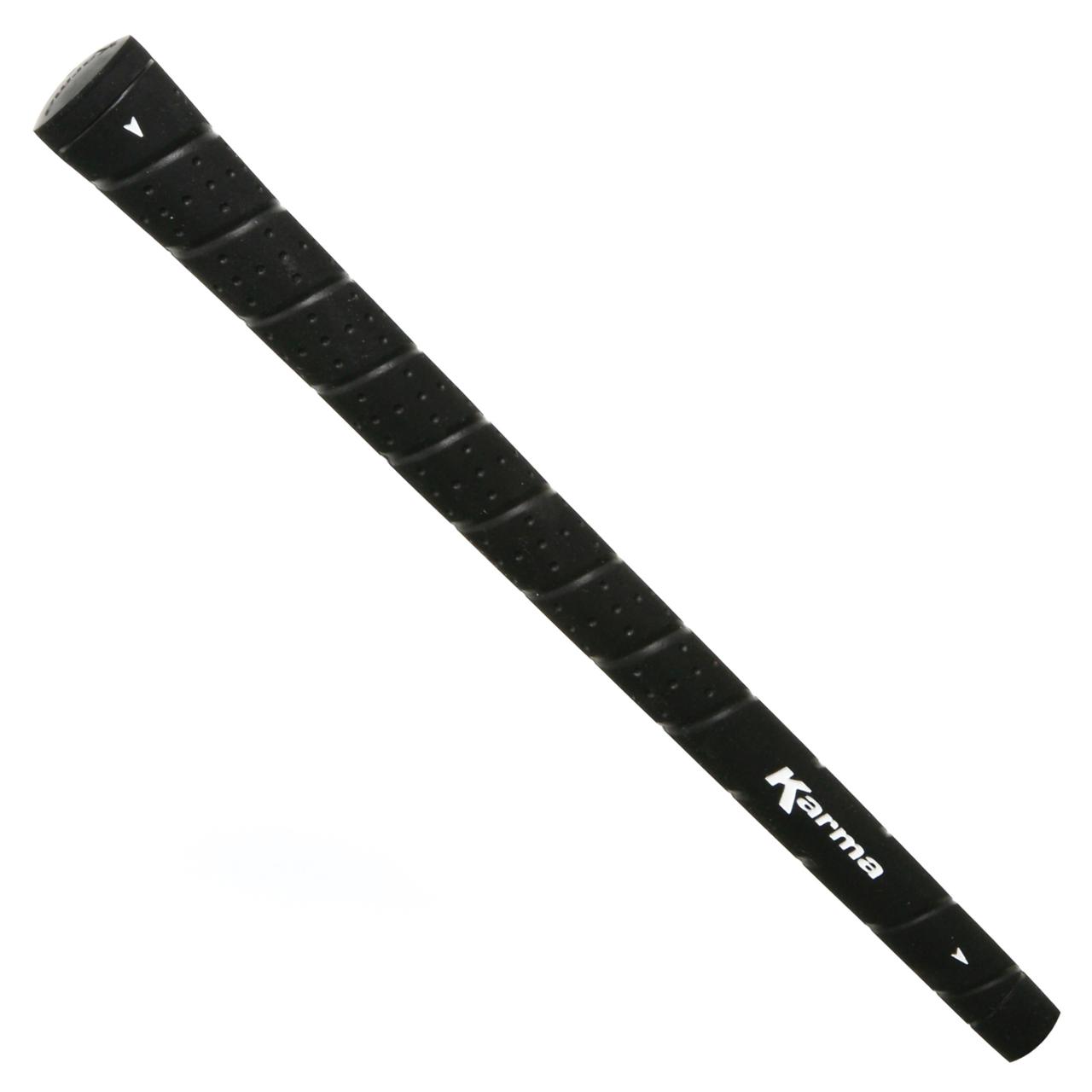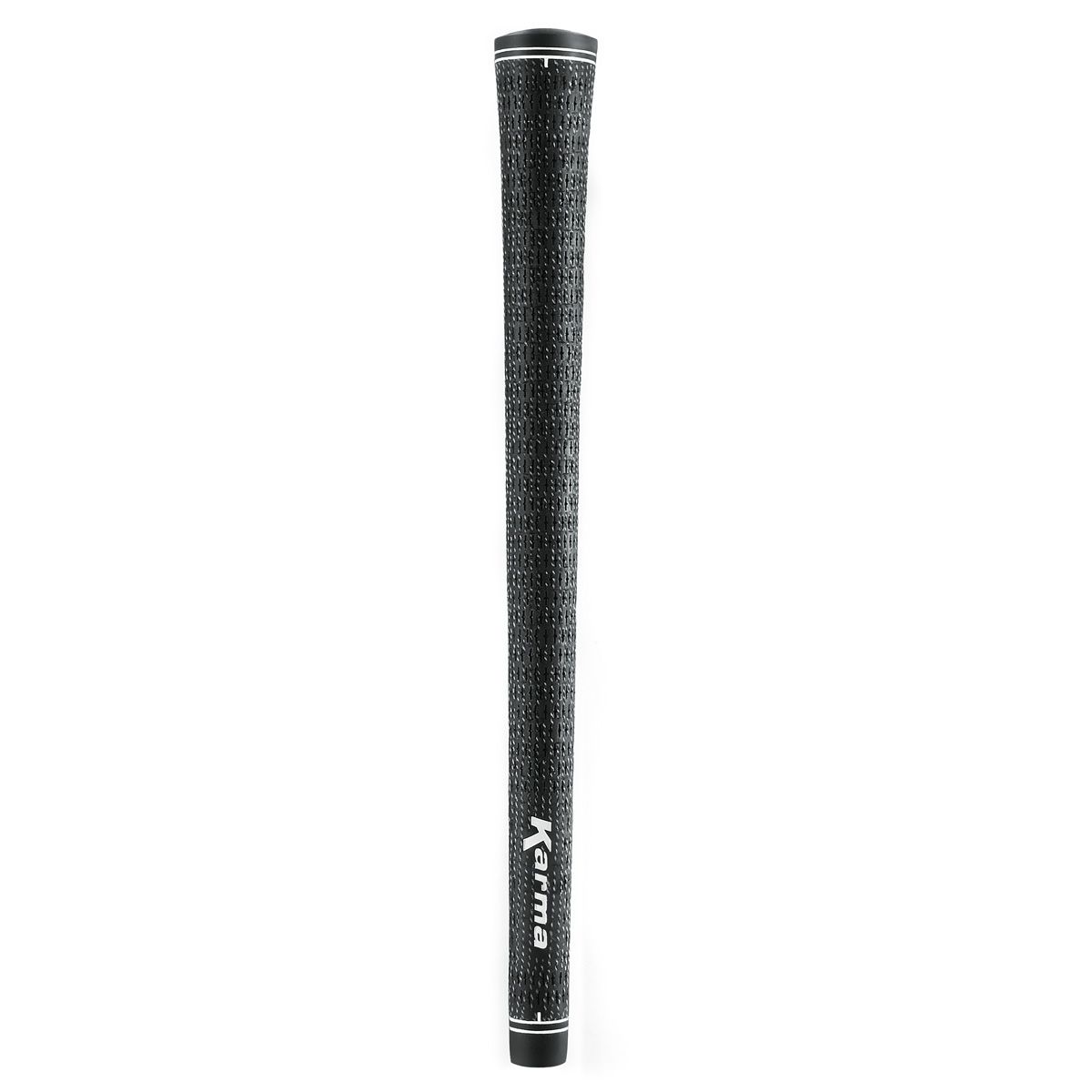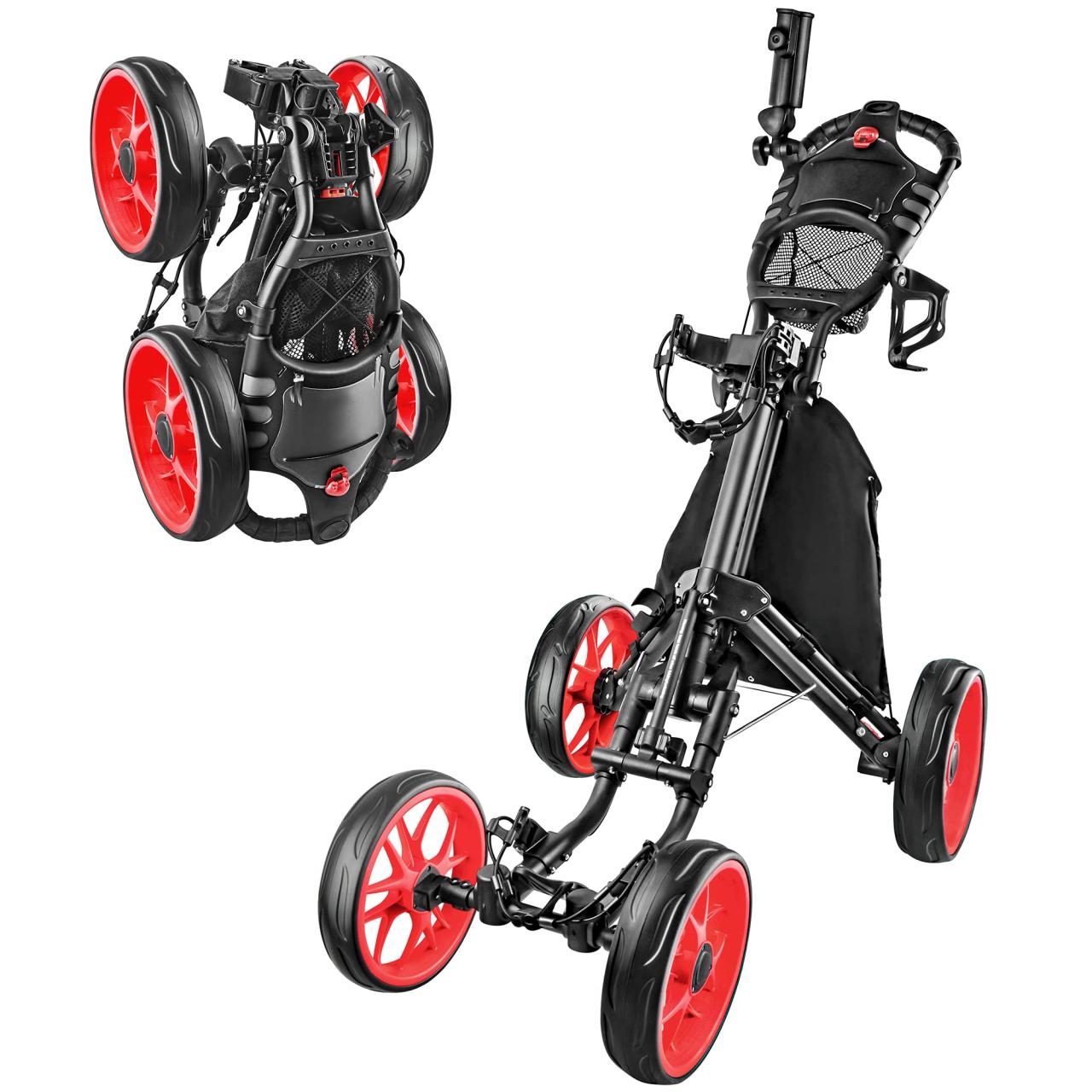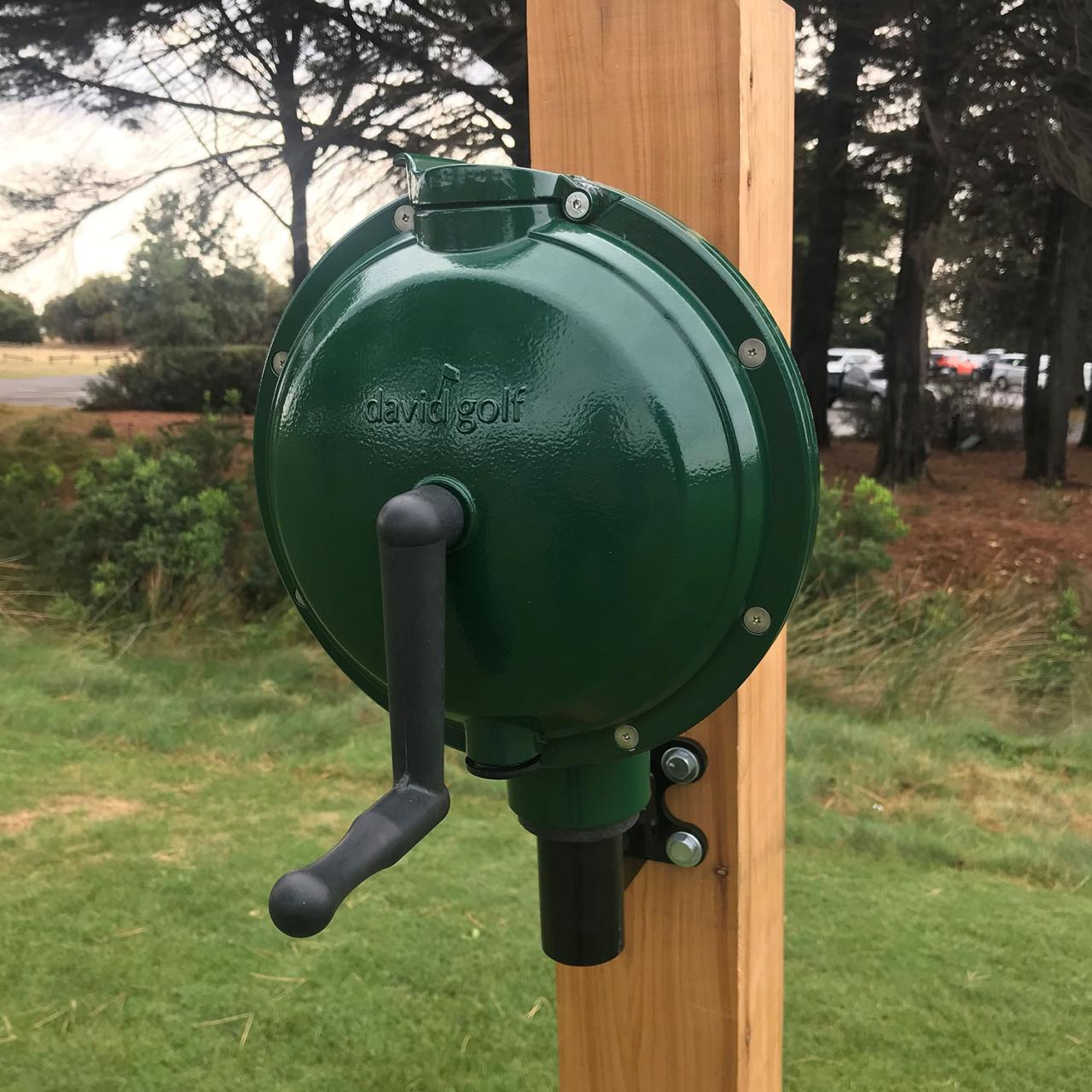Golf grips karma, a concept that might seem like a whimsical notion, actually holds a surprising amount of weight on the golf course. It’s not just about the physical act of gripping the club; it’s about the mental connection between your hands and the club, the feeling of control, and the belief in your ability to execute a shot.
This article delves into the fascinating relationship between golf grips and karma, exploring how grip choices can influence a golfer’s mindset, swing mechanics, and ultimately, their performance. We’ll analyze how a proper grip can lead to a sense of control and confidence, potentially contributing to better outcomes and a more positive golfing experience.
The Significance of Golf Grips

The grip is the fundamental connection between a golfer and their club. It plays a crucial role in determining the trajectory, distance, and accuracy of every shot. A proper grip allows for optimal control and power transfer, while an incorrect grip can lead to inconsistencies and poor performance.
Grip Size and its Impact on Performance
Grip size refers to the circumference of the grip, measured in inches. The right grip size allows for a comfortable and secure hold, promoting proper hand position and swing mechanics. A grip that is too small can lead to excessive hand tension, causing a loss of control and power.
Conversely, a grip that is too large can make it difficult to maintain a firm grip, resulting in inconsistent swings and a loss of accuracy.The ideal grip size varies depending on hand size and grip strength. A general guideline is to choose a grip that allows for two fingers to comfortably wrap around the club, with the pinky finger resting on the grip.
Golfers with larger hands may require a larger grip, while those with smaller hands may need a smaller grip.
Impact of Different Grip Styles
Grip style refers to the specific way a golfer holds the club, influencing the swing path, clubface angle, and shot shape.
- Overlapping Grip:This grip involves placing the pinky finger of the top hand over the index finger of the bottom hand. It promotes a strong grip, allowing for more power and control. However, it can also restrict wrist movement, leading to a more limited swing arc.
- Interlocking Grip:This grip involves interlocking the pinky finger of the top hand with the index finger of the bottom hand. It offers a more relaxed grip, allowing for greater wrist flexibility and a smoother swing. However, it may not provide the same level of power as the overlapping grip.
- Baseball Grip:This grip involves placing the hands side by side, with no fingers overlapping or interlocking. It promotes a more neutral grip, allowing for a more natural swing. However, it can lead to a less secure grip, making it challenging to control the club.
How Grip Changes Can Improve a Game
Adjusting grip size or style can significantly impact a golfer’s game. For instance, a golfer struggling with a slice may benefit from switching to a more neutral grip, such as the baseball grip, which can help square the clubface at impact.
A golfer with a weak grip may benefit from a larger grip, providing more leverage and control. Grip changes can also help improve a golfer’s swing mechanics. For example, a golfer with an excessively strong grip may benefit from a more relaxed grip, promoting a smoother swing path and greater clubhead speed.
Karma in Golf
The concept of karma, often associated with Eastern philosophies, finds a unique resonance in the world of golf. While the game is often seen as a test of skill and strategy, there’s a palpable sense that luck, fate, and even a touch of cosmic balance play a role in determining outcomes.
This interplay between skill, luck, and mental fortitude creates a compelling narrative that transcends the boundaries of the golf course.
The Role of Luck, Skill, and Mental Fortitude
Luck, in its various forms, is an undeniable presence in golf. A seemingly perfect shot can be deflected by a gust of wind, or a well-struck putt can inexplicably lip out of the hole. Skill, however, provides a foundation upon which to build.
A golfer’s mastery of technique, shot selection, and course management can minimize the impact of luck, but it cannot eliminate it entirely. Mental fortitude plays a crucial role in navigating the unpredictable nature of the game. Maintaining composure in the face of misfortune, embracing the ebb and flow of luck, and focusing on the present moment are essential for golfers to perform at their best.
Harnessing Karma for Positive Outcomes
Golfers can leverage the concept of karma to their advantage by cultivating a positive attitude and embracing sportsmanship. A positive mindset can foster a sense of gratitude for the opportunity to play the game, leading to a more enjoyable experience and a greater appreciation for the inherent challenges.
“The greatest pleasure in life is doing what people say you cannot do.”
Walter Bagehot
Sportsmanship, characterized by respect for fellow golfers, the course, and the rules of the game, creates a harmonious environment that can attract positive karma. Acts of kindness, such as offering advice to a struggling player or helping to locate a lost ball, can have a ripple effect, leading to a more fulfilling and rewarding experience for all involved.
Anecdotes Illustrating Karma’s Impact
Throughout history, countless stories have emerged that highlight the influence of karma on golfers’ experiences. One such anecdote involves the legendary golfer, Ben Hogan, who, despite facing numerous setbacks and injuries, persevered to achieve unparalleled success. Hogan’s unwavering determination and positive attitude, coupled with his exceptional skill, are often attributed to a powerful sense of karma that guided his path.Another example involves a young golfer who, after struggling for years to break 80, finally achieved his goal after dedicating himself to improving his game and demonstrating a strong work ethic.
His success was seen as a testament to the power of persistence and a positive mindset, reinforcing the idea that karma can reward those who strive for excellence.
The Connection Between Grips and Karma
The relationship between grip choices and a golfer’s perception of karma is fascinating. While karma is often associated with a broader sense of cause and effect in life, on the golf course, it can be interpreted as the direct consequence of actions taken, particularly in relation to grip.
A proper grip, offering control and confidence, can lead to better outcomes, which might reinforce a belief in positive karma. Conversely, a grip that feels awkward or inconsistent could lead to frustration and a sense of negative karma.
The Impact of Grip on Confidence and Control
A proper golf grip provides the foundation for a consistent swing, allowing for better control over the clubface and trajectory of the ball. This sense of control can translate into increased confidence, which is essential for successful play. When a golfer feels confident in their grip, they are more likely to approach shots with a positive mindset, believing that their actions will lead to positive results.
This belief in their abilities can then be interpreted as a form of positive karma.
“The grip is the foundation of the swing. It is the link between the golfer and the club.”
Ben Hogan
Conversely, a grip that is uncomfortable or inconsistent can lead to a lack of control, which can translate into missed shots and a sense of frustration. This can lead to a belief in negative karma, where the golfer feels that their actions are not resulting in the desired outcomes.
Examples of Grip Adjustments and their Impact on Karma
- A golfer who struggles with slicing the ball might find that adjusting their grip to a more neutral position helps them hit the ball straighter. This improvement in performance can reinforce a belief in positive karma, as they feel their actions are leading to better results.
- A golfer who is constantly hitting the ball fat might find that strengthening their grip pressure helps them make better contact with the ball. This increased consistency can lead to a feeling of positive karma, as they are seeing the direct result of their actions.
- A golfer who is struggling with their short game might find that adjusting their grip to a more delicate touch helps them chip and putt more accurately. This improvement in their short game can lead to a sense of positive karma, as they are seeing their actions translate into better scores.
Practical Implications for Golfers: Golf Grips Karma

The concept of karma in golf, while perhaps initially seeming esoteric, has practical implications that can significantly impact a golfer’s performance and enjoyment of the game. Understanding the connection between grip, swing mechanics, and karma allows golfers to optimize their game and cultivate a more positive and fulfilling experience on the course.
Assessing Your Grip
To understand how your grip might be affecting your karma, it’s crucial to assess your current grip and identify areas for improvement. This self-assessment can be a valuable starting point for enhancing your swing mechanics and fostering a more harmonious relationship with the game.
- Examine Your Hand Position: Start by observing your hand position on the club. Are your fingers relaxed, or are they tense and gripping the club too tightly? A relaxed grip promotes a more fluid swing and reduces the likelihood of tension-induced errors.
- Assess Your Grip Pressure: Apply gentle pressure to the club, ensuring a firm but not overly tight grip.
A balanced grip allows for control and power while minimizing unnecessary strain.
- Check Your Grip Alignment: Ensure your hands are aligned correctly on the club. A proper grip promotes a balanced swing path and reduces the chance of slices or hooks.
- Observe Your Swing Mechanics: Pay attention to your swing path and the overall fluidity of your swing.
A relaxed and balanced grip should translate into a more natural and efficient swing motion.
Comparing Grip Types
Different grip types can have varying effects on swing mechanics and, consequently, on a golfer’s karma. Understanding the potential impact of each grip type can help golfers make informed decisions about their grip choice and its potential impact on their game.
| Grip Type | Impact on Swing Mechanics | Impact on Karma |
|---|---|---|
| Strong Grip | Promotes a draw shot, potentially leading to increased accuracy and consistency. | May contribute to a more assertive and confident mindset on the course. |
| Weak Grip | Promotes a fade shot, potentially leading to greater control over the ball’s flight. | May encourage a more patient and strategic approach to the game. |
| Neutral Grip | Offers a balanced approach, providing versatility in shot-making. | May foster a sense of harmony and balance on the course. |
Developing a Positive Mindset, Golf grips karma
Cultivating a positive mindset on the golf course is essential for embracing the concept of karma and maximizing your enjoyment of the game. Here are some tips for developing a positive mindset:
- Focus on the Present Moment: Instead of dwelling on past mistakes or worrying about future outcomes, concentrate on the current shot.
- Embrace Challenges: View every shot as an opportunity to learn and grow.
- Practice Gratitude: Appreciate the beauty of the course, the camaraderie of fellow golfers, and the opportunity to play the game.
- Maintain a Positive Attitude: Avoid negativity and self-criticism.
Essential Questionnaire
What are the most common grip types?
The most common grip types are the overlapping grip, the interlock grip, and the baseball grip. Each grip offers unique advantages and disadvantages depending on the golfer’s hand size, swing style, and personal preference.
How can I find the right grip size for me?
To determine the right grip size, you can visit a golf professional or use a grip size chart. Consider factors like your hand size, grip pressure, and swing speed. Experiment with different sizes to find what feels most comfortable and allows for optimal control.
Can a grip change really affect my game?
Absolutely. A proper grip can significantly impact your swing mechanics, clubface alignment, and shot consistency. A grip that feels secure and comfortable allows you to swing with more power and accuracy.
How does a positive mindset relate to karma in golf?
A positive mindset plays a crucial role in attracting good karma on the golf course. By focusing on the present moment, embracing challenges, and maintaining a good attitude, you can create a more positive and rewarding experience for yourself and those around you.

